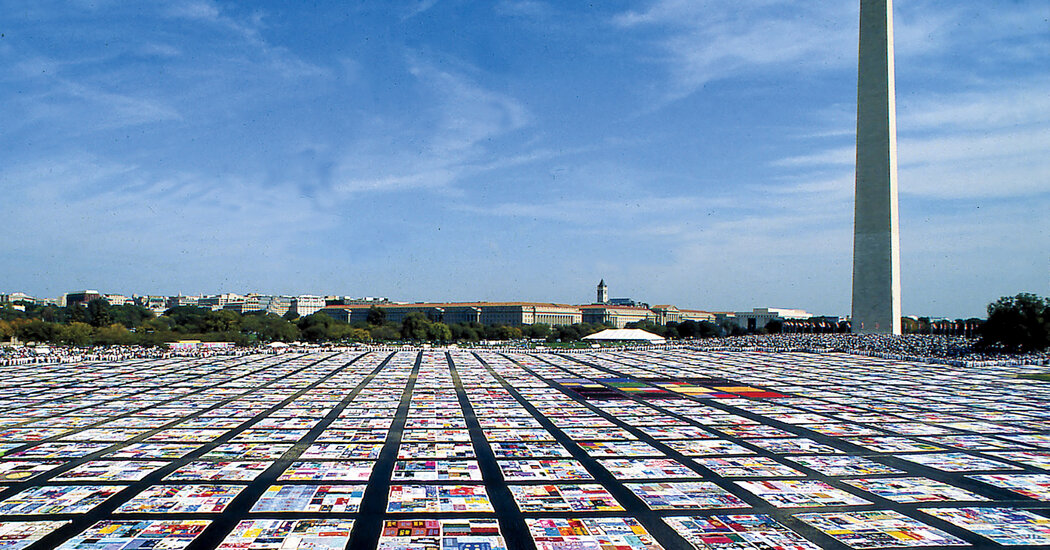
Bush doesn’t know anything about Iraq
The Rise and Fall of Memorial Sites and Their Implications for Civil Rights and the War of the 21st Century, and What We Do About It
In part, large cities make good homes for memorial sites because they are dynamic, teeming, and were built before ours. Manhattanites live on a street grid that in some downtown areas has been in place for 200 years or more, and pretty much anyone in a metropolis crosses every street in the paved-over footsteps of the dead. As the cities themselves have changed, what we want from memorials is different. They now ask us to consider more than just the past, such as our relationship to grief, community and endurance, and even the notion of imagining monuments themselves are always permanent.
Veterans are reflecting on their service and remembering fallen friends in the 20 years since. Iraqis are talking about how their country has changed and how it has not. The legislation to authorize the invasion is currently being debated by American lawmakers.
What he has to say about the war, and what he thinks about his legacy as president and his art in the era of war
That is the way he wants it. He has no interest in being part of the debate anymore. He did what he did and does not engage in second-guessing, at least not out loud. He knows how people would question him if he spoke out now. Does he regret it? What would he have done differently? How will history remember it? As far as he is concerned, the world is better off without Saddam Hussein, and he has told advisers he has not changed his mind about that.
If he is exorcising demons or working through his own emotions about the war through his painting or his work with veterans, he would never say so and would surely scoff at the idea. Even as president, he always resisted efforts to “put me on a couch,” as he would put it to journalists. His artistic aim these days is birds and flowers, and he has many paintings on the walls of his office in Dallas.

